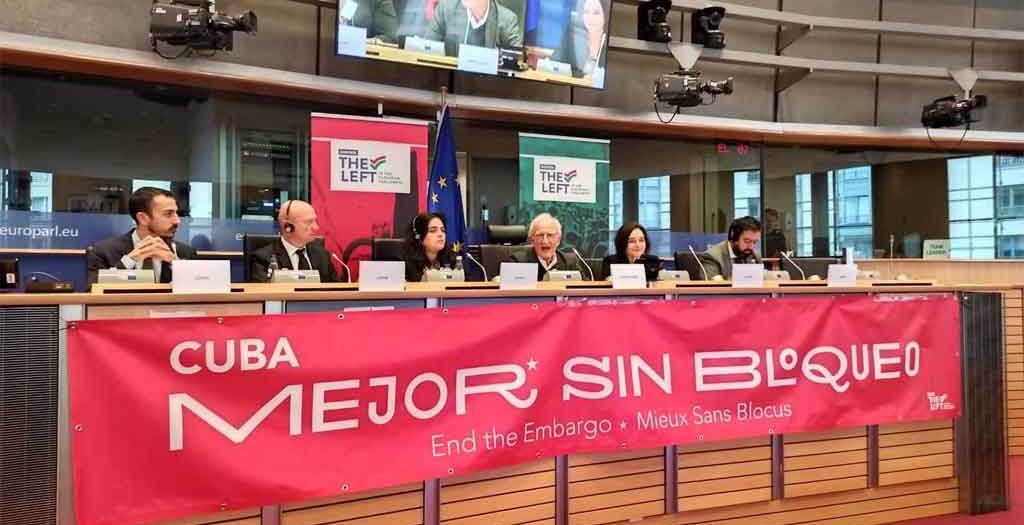It also stressed that the economic, commercial and financial siege imposed by Washington violates the UN Charter, which enshrines the sovereignty of countries, the Universal Declaration of Human Rights and agreements of the World Trade Organization, among other norms.
After hearing the arguments of the Prosecutor’s Office and the testimony of witnesses on the human and economic damage caused by the blockade, the court recalled that the United States has applied this unilateral system of coercive measures for more than 60 years, affecting the living conditions of an entire people, its development and the performance of the various sectors of society.
Likewise, the decision of the judges reflects the extraterritorial scope of the blockade, a component contrary to International Law, the unjustifiable nature of the siege and its intensification with the inclusion of the island in the list of ‘alleged sponsors of terrorism’.
The ruling read by the judges, headed by the German jurist Norman Peach, also pointed out that the blockade violated the International Covenant on Economic, Social and Cultural Rights of 1966.
In another of its points, the sentence refers to the 1948 Convention on the Prevention and Punishment of the Crime of Genocide and the possibility that Washington’s hostility and its determination to cause systematic collective damage fit into this crime.
The international tribunal urged the United States to end the blockade against Cuba and to compensate the affected companies and citizens.
After the ruling, the president of the Cuban Institute of Friendship with the Peoples, Fernando González, thanked the MEPs, the organizers and the participants in the forum.
In a joint press conference, González and MEP Sandra Pereira considered that although the judges’ decision is not legally binding, it represents a valuable instrument to continue the struggle for the end of the siege.
In this regard, they stressed the importance of making the ruling known to the world, and acknowledged the depth of the testimonies provided during the process by Cuban, European and U.S. witnesses on the impact of an illegal and extraterritorial policy.
 Escambray ENGLISH EDITION
Escambray ENGLISH EDITION





Escambray reserves the right to publish comments.